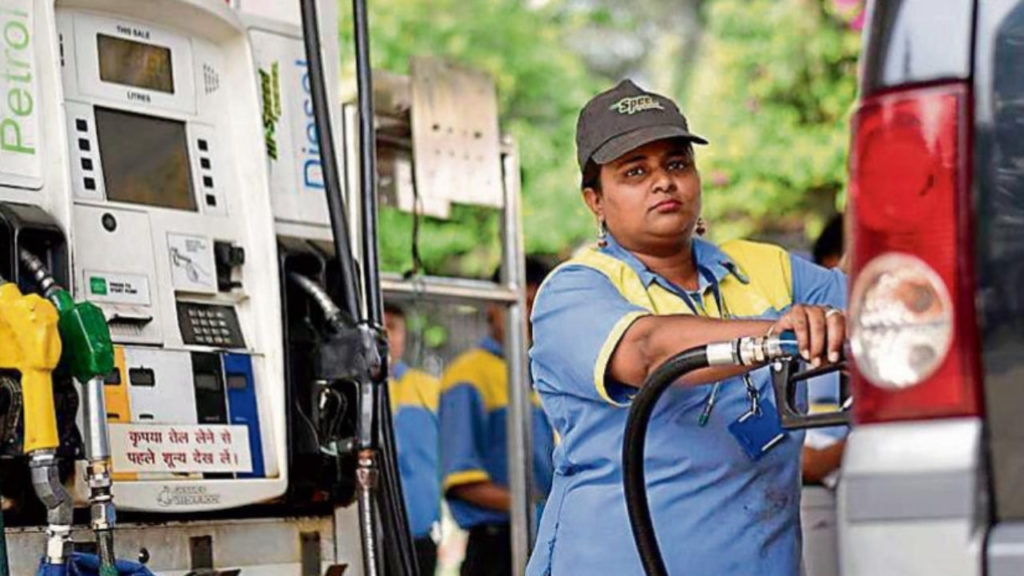Bharat Petroleum Profits Dips 90%, Will Open 1000 New Outlets; Privatization By March?

State owned BPCL is the country’s third-biggest oil refiner and second-largest fuel retailer.
By now, all of you must have been aware that the government will be divesting 100% of its stake in the state owned PSU to private players.
The government currently holds 52.98% of BPCL’s stake.
In addition to this information, the oil marketing company has announced to add about 1,000 fuel stations in the ongoing financial year 2020-21.
BPCL Adds 1000 New Fuel Stations
Despite being privatised by the end of this financial year, by March 2021 (expected) BPCL looks forward to add about a 1,000 new fuel stations.
The Covid-19 pandemic has not been a very positive occurance for the oil company, as BPCL’s sales have reportedly dropped by 90%, when compared to the numbers and reports of August, last year.
The company has also decided to reduce it amount of capital expenditures from an earlier target of Rs 12,500 crore to Rs 8,000 crore.
BPCL’s Profit Story for June Quarter
BPCL has released its quarterly results for the 1st quarter ending on June 30, on Thursday.
The results while gray at places, looks very impressive overall.
If we go as per the reports, BPCL has bagged just double the net profits in Q1.
Now, even though the reports present a negative and declining numbers in refining margins and fuel sales, these loss amounts were offset by inventory gains.
The company’s total standalone net profit in Q1 (April-June) came out to be Rs 2,076.17 crore, as compared to Rs 1,075.12 crore in last year’s Q1.
BPCL’s VRS
Apart from these results and the PSU’s announcement to add another 1000 fuel stations this FY, BPCL had also offered Voluntary Retirement Scheme (VRS) to its employees.
This retirement scheme operated between July 23 to August 13 and was offered to employees of 45 years of age or above.
A senior official commented that this scheme has been introduced for those employees who do not wish to work under a private management, once the company is privatised.

Comments are closed, but trackbacks and pingbacks are open.